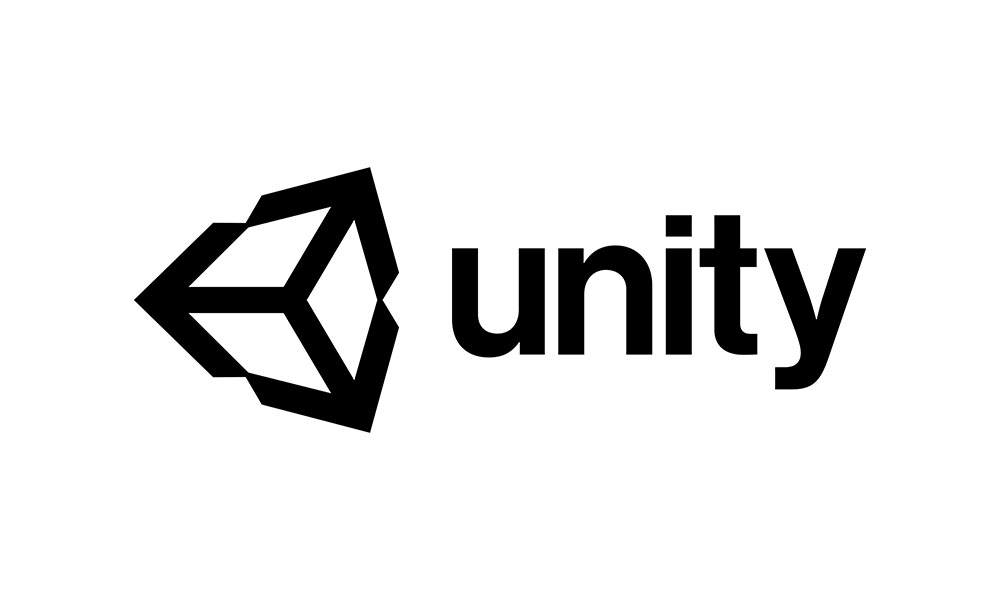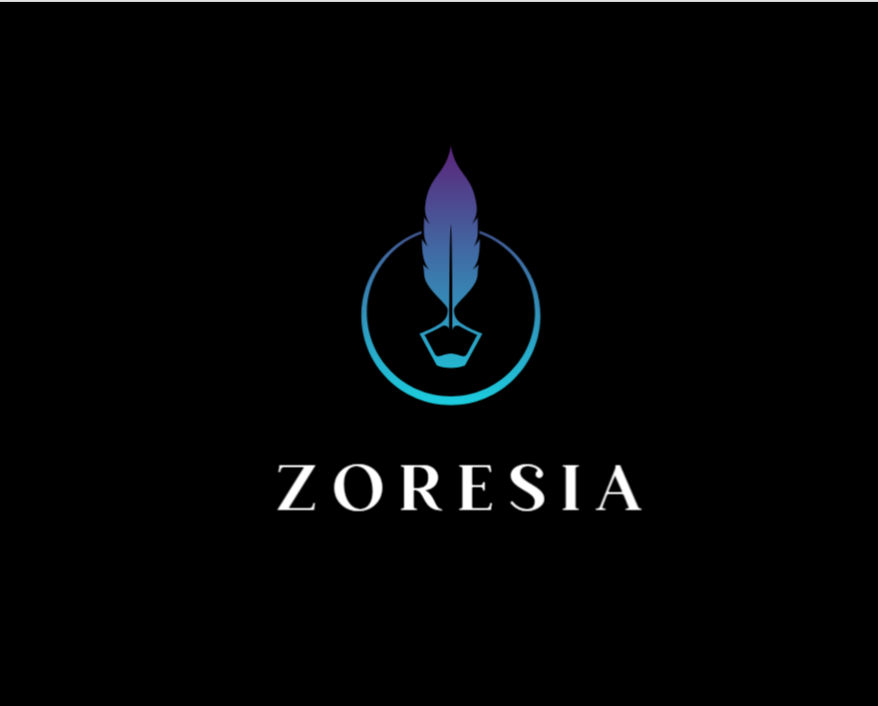Skip to content

1. Unity

Functions:
- 2D and 3D game development.
- Cross-platform support (Android, iOS, PC, Consoles).
- Advanced physics engine and scripting with C#.
- Asset Store for models, scripts, and effects.
Benefits:
- User-friendly for beginners and professionals.
- Wide range of tutorials and community support.
- Cross-platform builds save time and effort.
- Visual scripting tools like Bolt for non-coders.
Limitations:
- Performance Issues: Optimization needed for complex 3D games.
- Learning Curve: Advanced features may confuse beginners.
- Licensing Costs: Free for beginners, but Pro plan costs $399/year.
2. Unreal Engine

Functions:
- High-quality 3D graphics with real-time rendering.
- Ideal for large-scale projects like AAA games.
- Blueprint Visual Scripting for non-programmers.
Benefits:
- Stunning visuals with Nanite and Lumen technologies.
- Great for photorealistic environments.
- Free until you earn $1M; then 5% royalty.
Limitations:
- High System Requirements: Requires a powerful PC for development.
- Steep Learning Curve: Complex for small indie projects.
- Overkill for Simple Games: Best for advanced 3D or cinematic games.
3. Godot Engine
Functions:
- Open-source tool for 2D and 3D game development.
- Easy scripting with its GDScript (similar to Python).
- Lightweight and fast editor.
Benefits:
- Completely free with no royalties or licensing fees.
- Great for 2D games (better than Unity).
- Active community and regular updates.
Limitations:
- Limited 3D Features: Not as advanced as Unity or Unreal.
- Smaller Asset Library: Fewer pre-made assets compared to Unity.
- Less Industry Use: Fewer AAA titles use Godot, so fewer resources for high-end games.
4. Construct 3
Functions:
- Browser-based 2D game development tool.
- Drag-and-drop interface with minimal coding.
- Exports to multiple platforms like HTML5, Android, and iOS.
Benefits:
- Beginner-friendly, no programming skills needed.
- Fast prototyping for simple games.
- Great for educational and indie projects.
Limitations:
- Subscription Cost: $99/year can be expensive for hobbyists.
- Limited Advanced Features: Not suitable for large or complex games.
- Performance Issues: Can lag with high object counts.
5. Roblox Studio
Functions:
- Develop multiplayer games using Lua scripting.
- Monetization via in-game purchases and Robux currency.
- Designed for user-generated content.
Benefits:
- Perfect for beginners and kid-friendly games.
- Built-in audience on the Roblox platform.
- No upfront cost, and easy monetization.
Limitations:
- Platform-Locked: Games can only be played within Roblox.
- Simplistic Graphics: Not suitable for high-quality visuals.
- Limited Control: Dependent on Roblox’s platform policies.
Which Tool to Choose?
- For 2D games: Godot or Construct 3.
- For AAA-level 3D games: Unreal Engine.
- For balanced 2D/3D projects: Unity.
- For simple and multiplayer games: Roblox Studio.



